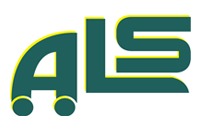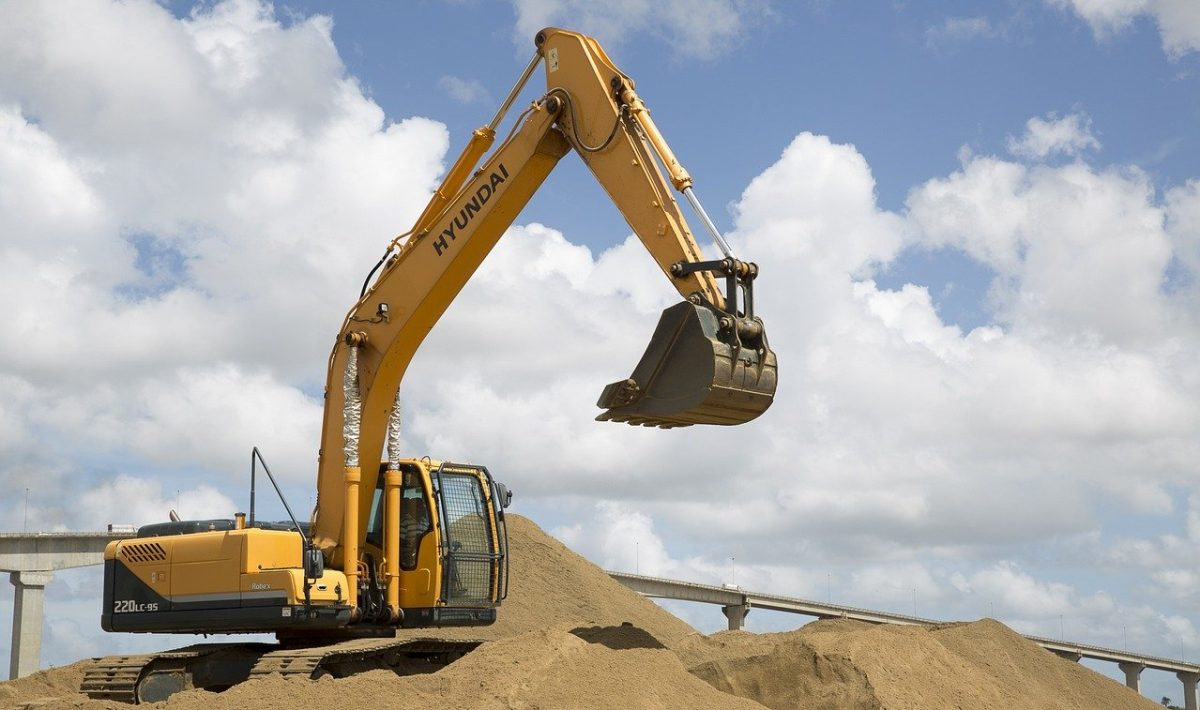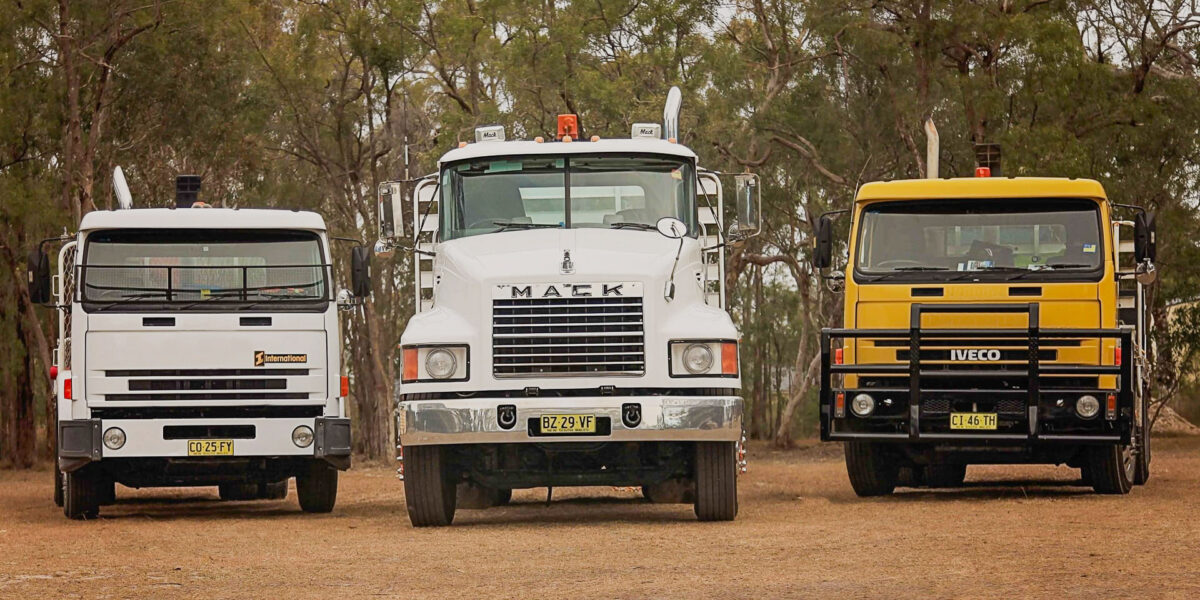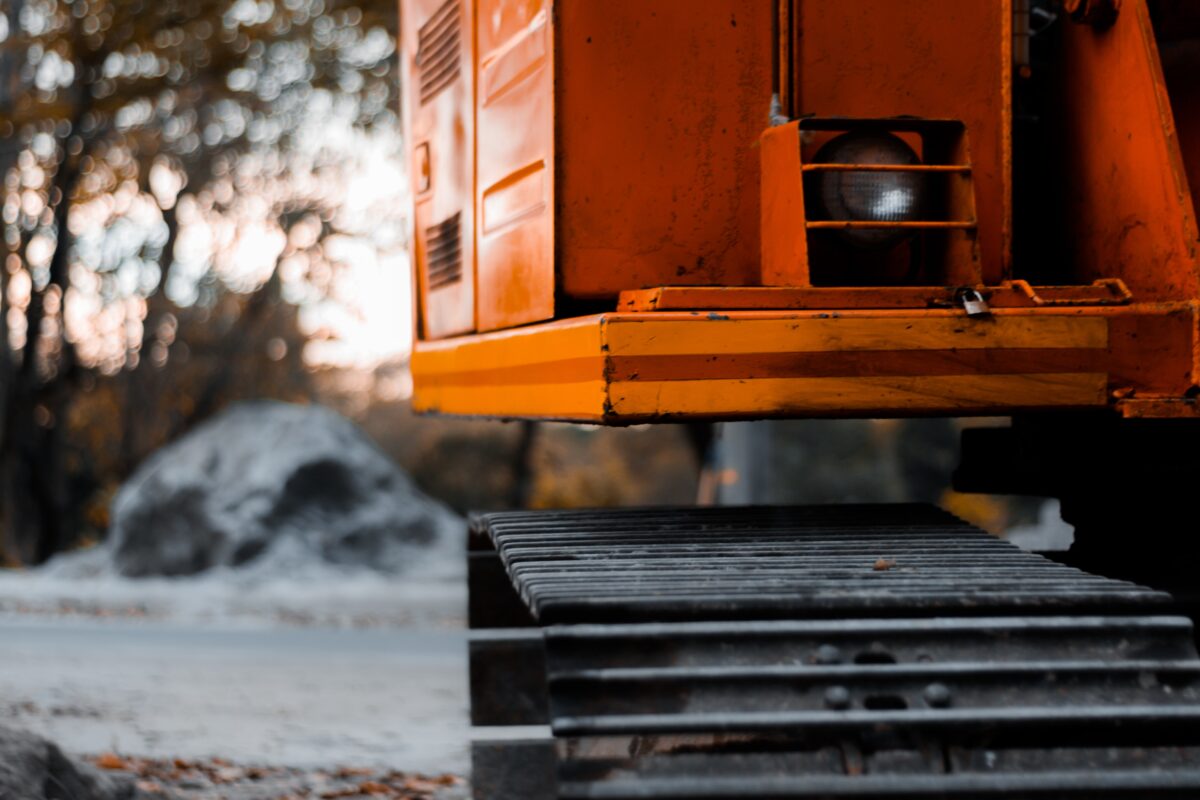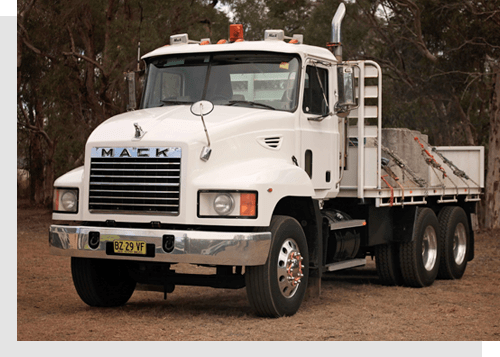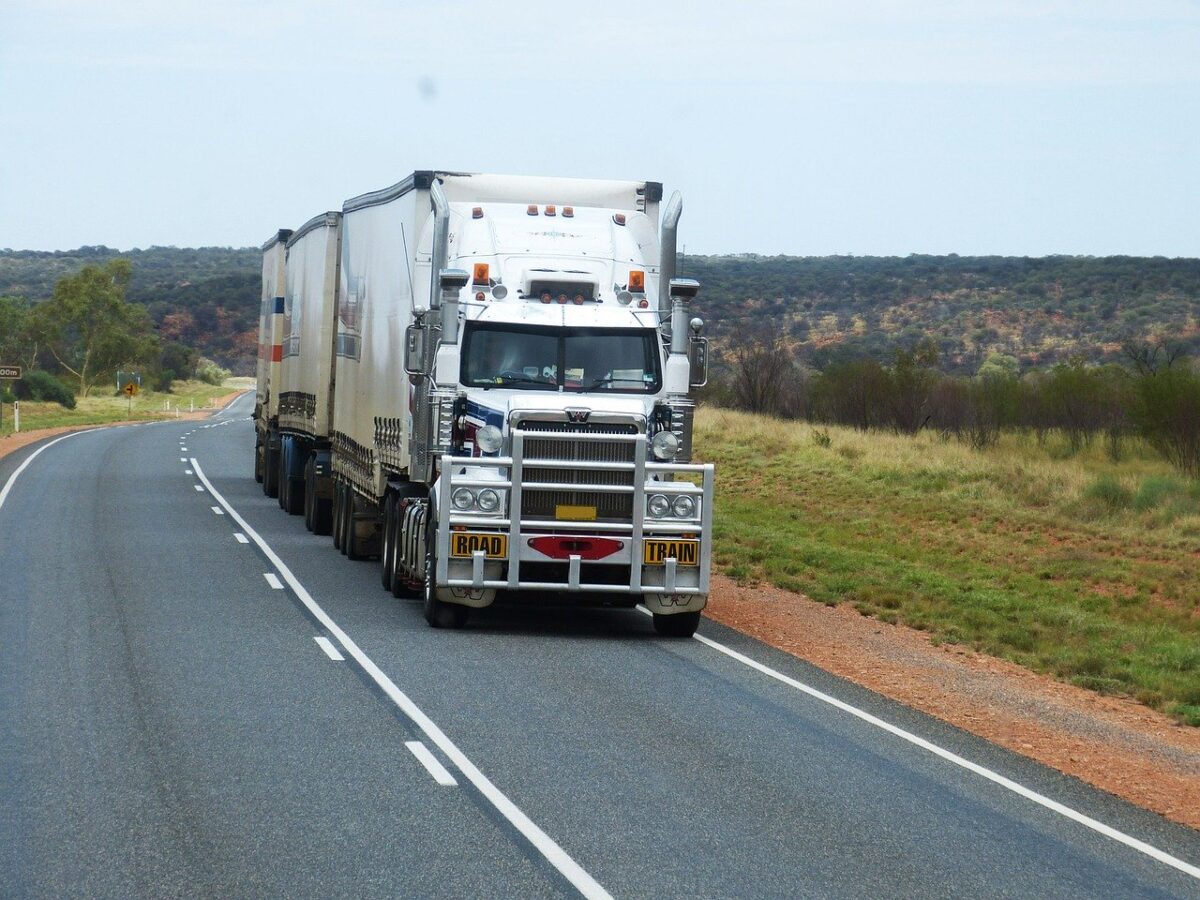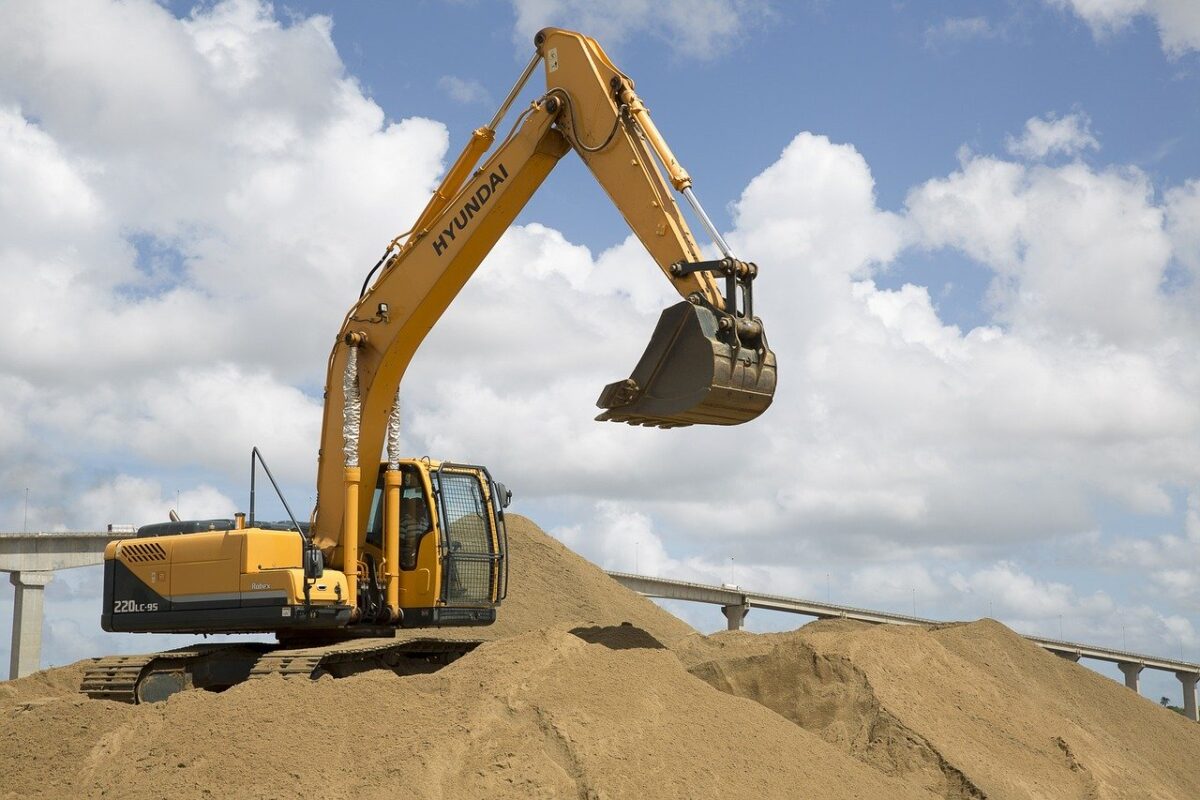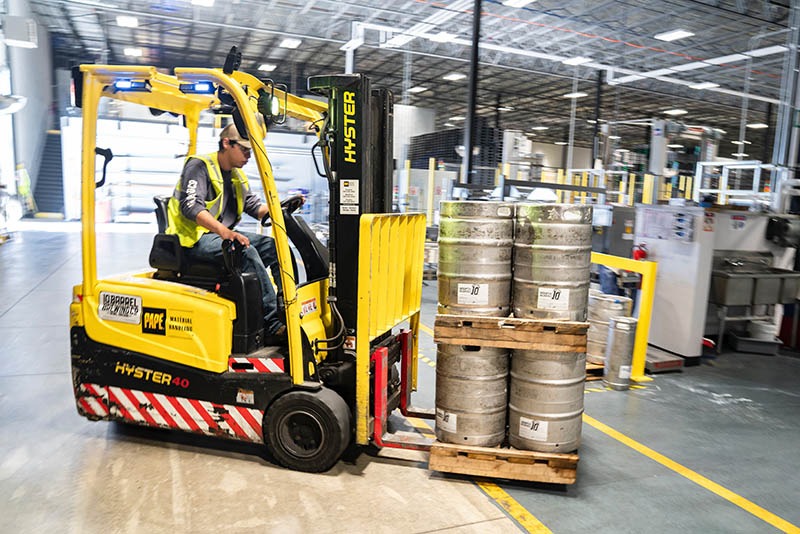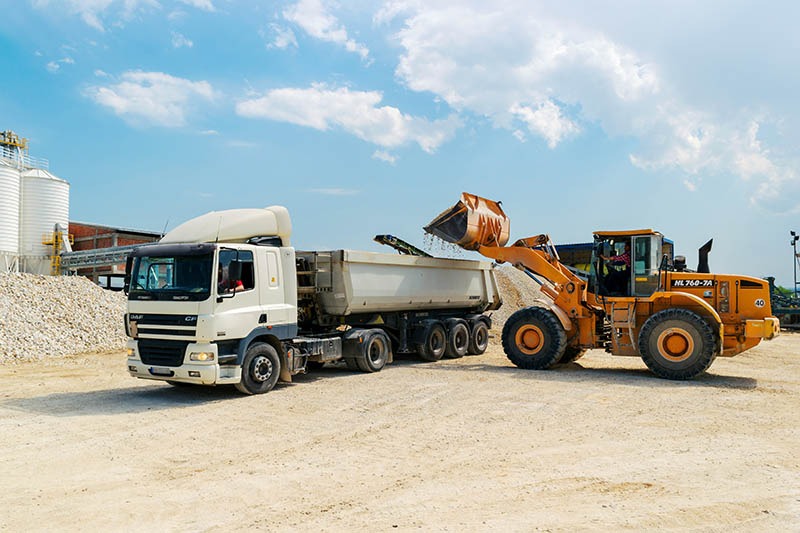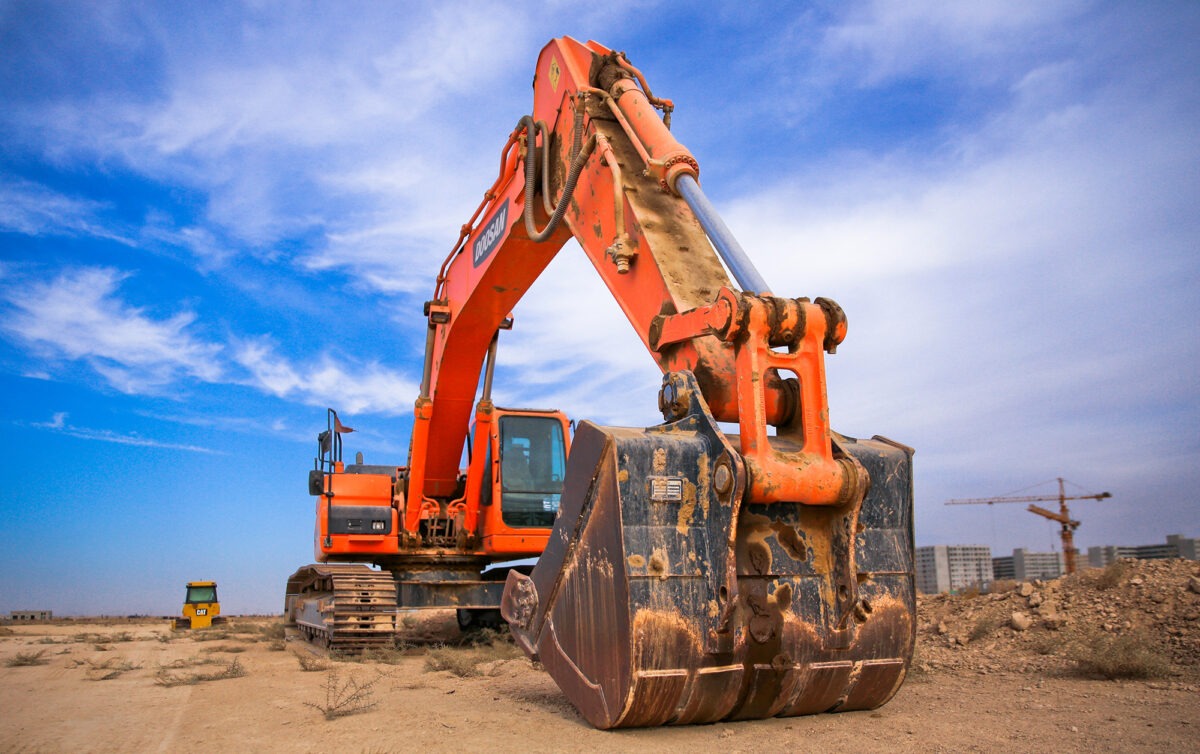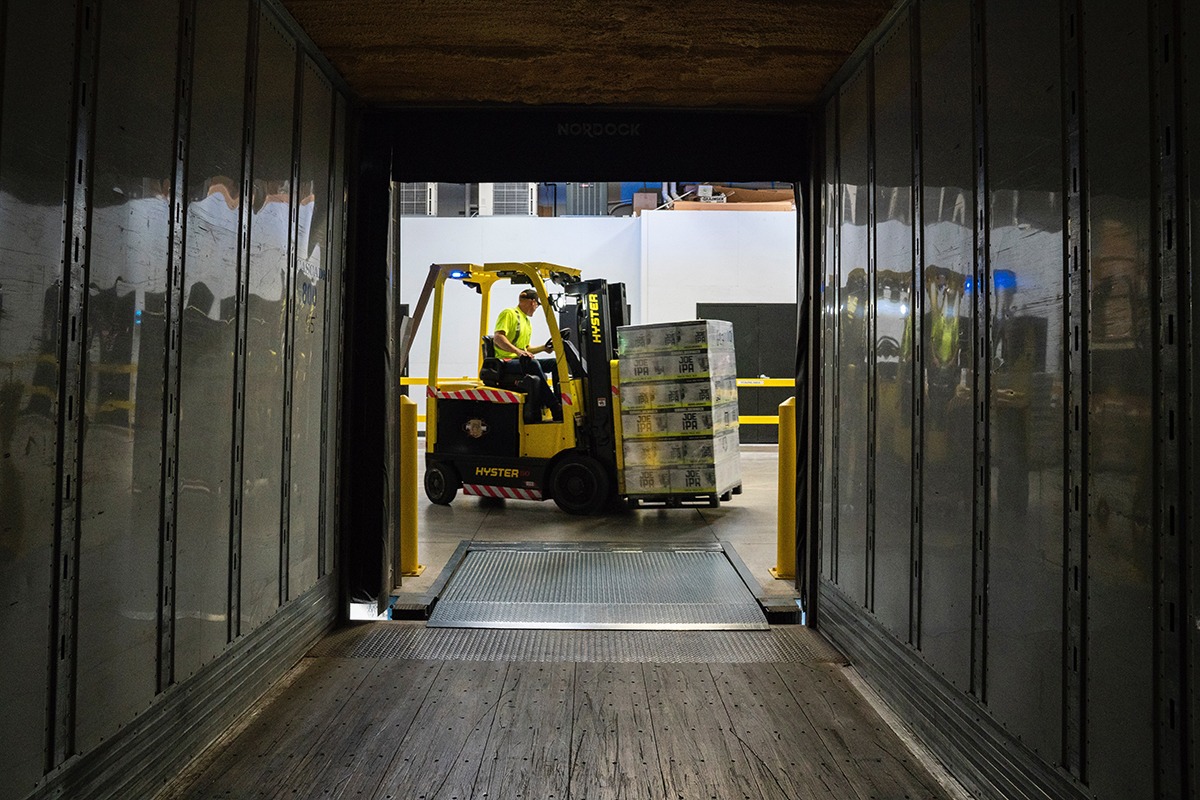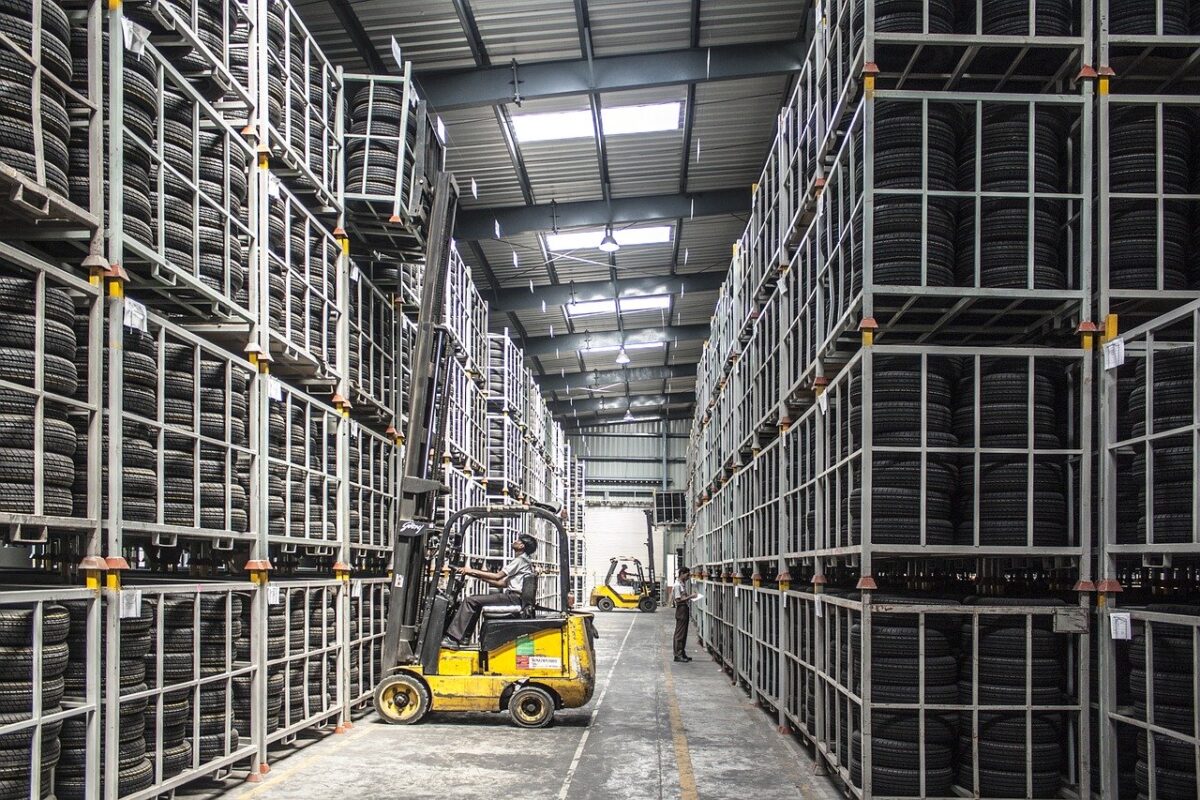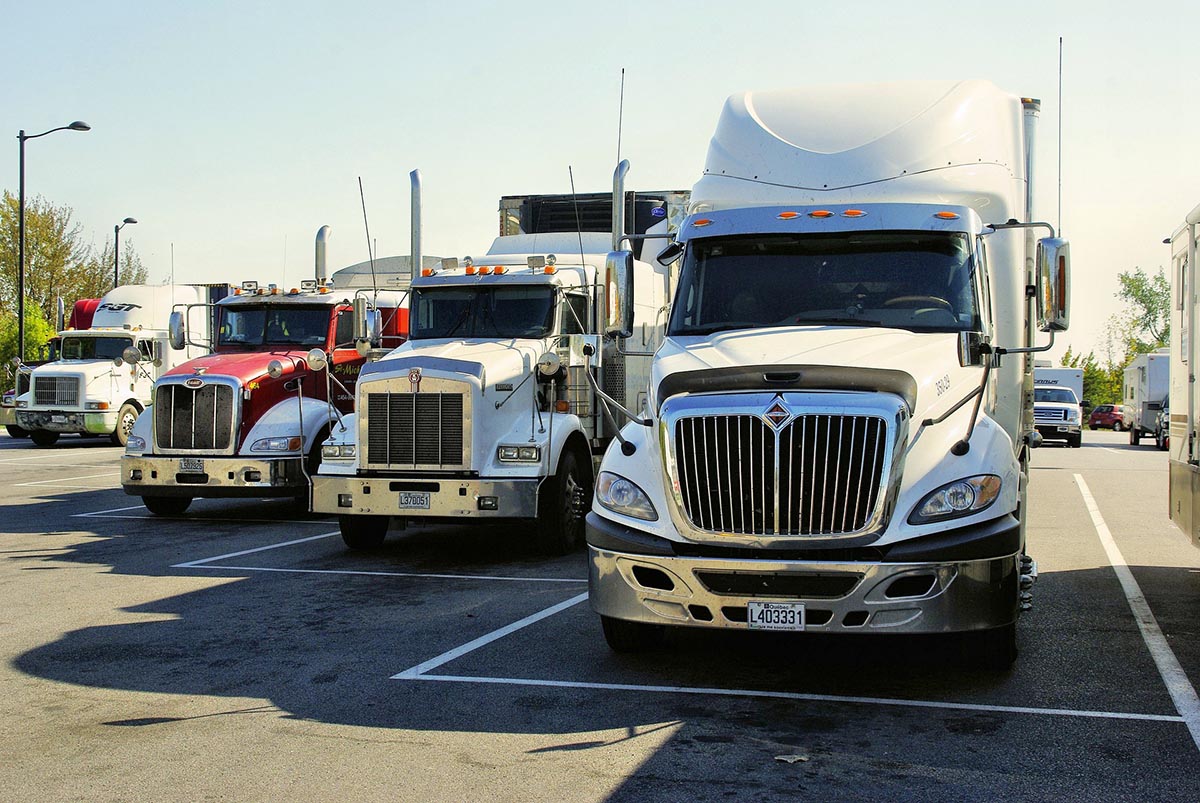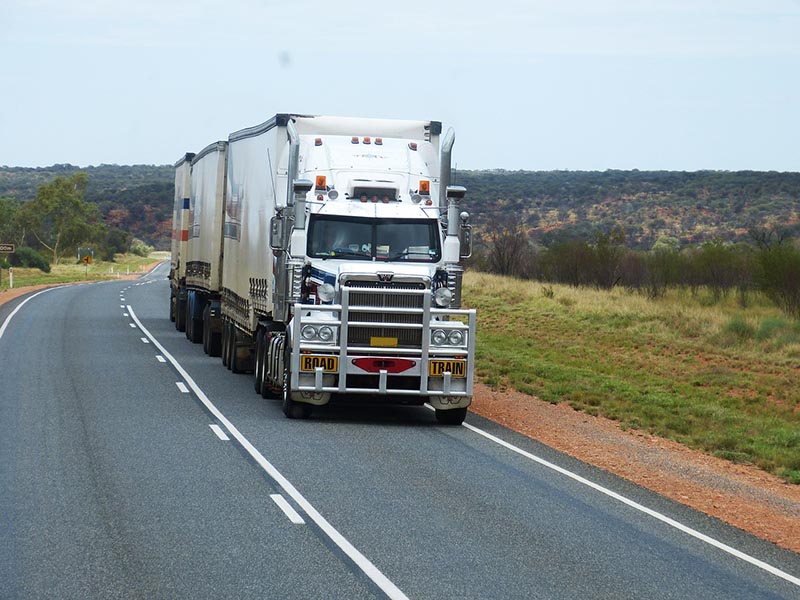As each day passes, the demand for HR (heavy rigid) licences in Sydney increases. NSW needs more truck drivers on the roads. Truck driving is a profitable industry that is moderately future-proof. While it can involve long hours and some risks, truck driving has many perks. However, you can’t just step foot onto a heavy rigid vehicle and expect to drive it without extensive training, even if you have been driving a car for decades. And before driving a heavy vehicle you also need to have the proper HR truck licence for the class of vehicle.
Let’s take a look at what a heavy rigid truck licence is.
What is an HR licence?
A heavy rigid (HR) class licence is as big as you can go in terms of rigid trucks. With an HR licence you can drive buses and trucks over eight tonnes GVM (gross vehicle mass) with three or more axles and maximum towing weight of nine tonnes.
You cannot receive the licence until you have proven your ability to drive HR vehicles to the government’s satisfaction. Drivers must know how to handle all vehicles in the HR licence category, know how to maintain them and understand the safety procedures involved before obtaining their licence. Trucking companies only hire experienced professionals who hold a valid licence.
Why get your HR licence?
Whether you are in the transport field or looking to get into it, upskilling and expanding your qualifications always comes with considerable advantages. Gaining your HR licence will open up new horizons for you. There is no feeling quite like it. Being behind the wheel of a vehicle compliant with an HR licence is a wonderful feeling, especially when you have just received your licence or have been able to score the job you want.
The hours might be long, but there are so many benefits to being a truck driver. For example, there is the flexibility and the freedom of being on the open road. But as with any job, you do have to climb the ladder. After being trained by professional instructors and receiving your licence, the time and energy you invest will pay off.
Not many offices in the world give you the freedom to listen to whatever you want to on the radio or offer you scenery you have never seen before. Having your HR licence and working as a truck driver, particularly in Australia, is exciting and full of variety. You will be asking yourself why you didn’t get your HR licence sooner.
What makes you eligible to get your HR licence?
Before applying for or upgrading your HR licence, you need to pass the appropriate knowledge test. Then, you can either pay for a heavy vehicle competency based assessment (HVCBA) from a registered training organisation, or book and pay for the Transport for NSW heavy vehicle driving test (TfNSW).
There are specific eligibility criteria you need to meet to participate in an HR course and obtain your licence. These include:
- You must hold a non-learner Australian car driver Class C, LR or MR licence for at least two years.
- You must complete the Roads and Maritime Services Rigid knowledge test.
- You must have the Heavy Vehicle Competency Based Assessment learner’s logbook and guide.
- You must pass an eyesight test and be medically fit to obtain the licence.
Aus LoadShifting can explain the eligibility criteria to you in detail so you can determine if you meet these requirements.
What should you know before you obtain your HR licence?
Aus Loadshifting delivers high standard truck training to ensure all students know how to handle a heavy rigid vehicle safely and efficiently. The extensive HR driver licence training covers the essential skills involved in safely operating heavy vehicles and includes defensive driving techniques.
The government has set the assessment standards to test several components such as:
- Conducting pre-operational checks
- Performing cabin drills
- How to start, move, shut down and secure the vehicle.
- Conducting steering, brakes, gears and accelerator management.
- Developing, maintaining and protecting crash avoidance space.
- Knowing directions and road rules
- Knowing how to reverse an HR vehicle
- Knowing how to start and stop on a hill
- Securing load to maintain appropriate weight distribution
When you have learned and mastered all these crucial tasks you will go through a comprehensive assessment before receiving your valid licence. It normally takes eight to 11 hours of coursework to learn these skills, but you will need to practice on the road and gain experience to master them. The minimum required hours of driving an HR truck before assessment is between five and six hours. The assessment itself takes approximately one hour. But you will not be able to do the assessment until you and your trainer are confident in your abilities.
Why choose Aus LoadShifting
Aus LoadShifting ensures all students walk away not only qualified but confident in their abilities to be able to carry out any truck driving role applicable to their licencing.
We offer all courses on-site in NSW and operate in Western Sydney and surrounds. Your experience with us will be a personal one and our training is flexible to suit your needs. Contact us on 0416 155 052 to enquire about our HR truck licencing.
